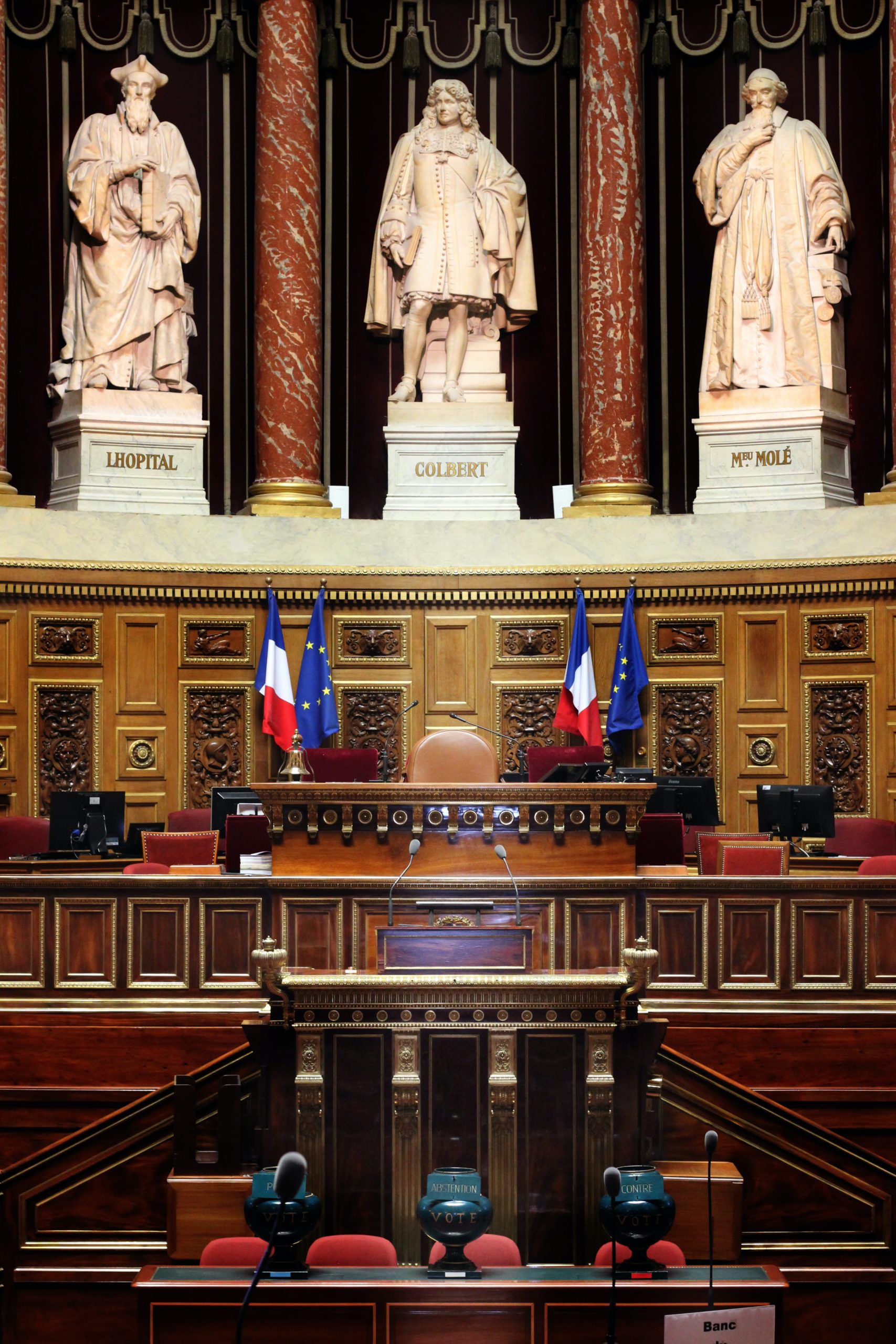Written By Conway Marshall
Recently, the US Supreme Court heard arguments in the matter City of San Antonio, TX, et al v. Hotels.com, LP, et al which focused on Rule 39 of the Federal Rules of Civil Procedure and whether or not the District Court had discretion to deny or reduce certain costs, including supersedeas bond costs, under Circuit procedure.
In this case, The City of San Antonio, on behalf of a class of 173 Texas municipalities, alleged that a number of popular online travel companies (“OTCs”) under-collected hotel occupancy taxes that were due an owed to the class. They argued that the taxes should have been based on the retail amount of the room rate, and not the discounted room rate negotiated by the likes of Hotels.com, Expedia, Hotwire, and others. The District Court agreed and awarded $55 million in favor of the municipalities.
To stay execution of the judgment, the OTCs filed supersedeas bonds totaling $68,673,780, which would later increase as the case continued over several years.
Upon appeal, the appellate courts held that the OTCs had, in fact, properly collected occupancy taxes, and the judgment was overturned.
In accordance with Federal Rule of Appellate Procedure 39(d), the OTCs filed with the circuit clerk a bill of costs seeking appellate docketing fees and printing costs, which were taxed without objections. The OTCs then filed a bill of costs in the District Court seeking more than $2.3 million in costs – primarily for premiums paid on the supersedeas bonds that are listed in Rule 39(e) as “taxable in the district court for the benefit of the party entitled to costs.” San Antonio objected and urged the District Court to exercise its discretion to decline to tax all or most of those costs. The District Court held that it had no discretion to deny or reduce the costs under Circuit precedent. The Court of Appeals would affirm that the District Court lacked discretion to deny or reduce appellate cost awards, and ultimately the US Supreme Court would agree in a 9-0 decision.
As a result, The City of San Antonio, et al paid Hotels.com, et al $2,226,724.37, confirmed in the Satisfaction of Judgment filed on June 28, 2021.
In accordance with Federal Rule of Appellate Procedure 39(d), the OTCs filed with the circuit clerk a bill of costs seeking appellate docketing fees and printing costs, which were taxed without objections. The OTCs then filed a bill of costs in the District Court seeking more than $2.3 million in costs – primarily for premiums paid on the supersedeas bonds that are listed in Rule 39(e) as “taxable in the district court for the benefit of the party entitled to costs.” San Antonio objected and urged the District Court to exercise its discretion to decline to tax all or most of those costs. The District Court held that it had no discretion to deny or reduce the costs under Circuit precedent. The Court of Appeals would affirm that the District Court lacked discretion to deny or reduce appellate cost awards, and ultimately the US Supreme Court would agree in a 9-0 decision.
As a result, The City of San Antonio, et al paid Hotels.com, et al $2,226,724.37, confirmed in the Satisfaction of Judgment filed on June 28, 2021.
What does this mean for Supersedeas Bond Costs?
In short, this decision clarifies that bond premiums are in fact collectible costs. That’s good for judgment debtors, and it also changes considerations that federal plaintiffs might make at the time of appeal. Specifically, whether or not to insist on requiring a supersedeas bond from a solvent judgment debtor. As noted above, the defendants were able to collect their costs, so if plaintiffs win at trial and realize their case is not likely to be upheld on appeal, will they be willing to waive the bond requirement out of fear of paying the costs themselves at a later date? Could this be a major shift in appellate procedure?
To answer these questions, we can look towards the State of California, which already has established that bond premiums, including supersedeas bond costs, are collectable costs. Defendants there have long negotiated with plaintiffs for the waiver of bond by threatening that the costs would be assessed to plaintiffs if the matter is overturned; however, I have not often, or ever, heard of it being successful. For one, plaintiffs already have judgment in their hand and more often than not their judgment is affirmed and not overturned at the appellate level. Secondly, plaintiffs realize that judgment debtors might be more willing to negotiate settlement if they have a) judgment already in their favor and b) an opponent facing rising costs daily. Further, judgment creditors are usually not in the financial review industry, and are likely interested in having their judgment protected for a couple of years by an A rated surety company. Look no further than the recent talcum powder verdicts to see that there are more reasons for bankruptcy than insolvency.

Perhaps we will see a shift, but I am not expecting a dramatic change in the appeal bond landscape over the coming years as a result of this decision. The only certainty this writer knows is that upon review of the supersedeas bond costs, the OTCs overpaid.
To learn more about appeal bonds, contact one of our bonding specialists.